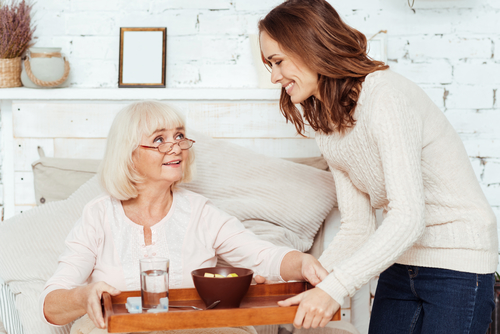
Parkinson’s- a physical condition manifest as mental A guide to Loved Ones Who Become Caregivers 7 Helps
The physical symptoms of Parkinson’s are all too familiar:
Parkinson’s Foundation, “Parkinson’s disease (PD) impacts people in different ways.
There are typical patterns of progression in Parkinson’s disease that are defined in stages.
Initially, tremor and other movement symptoms occur on one side of the body only. Changes in
posture, walking, and facial expressions occur. Not everyone will experience all the symptoms of
Parkinson’s, and if they do, they won’t necessarily experience them in quite the same order or at
the same intensity.” (parkinson.org/Understanding-Parkinsons/What-is-Parkinsons/Stages-of-Parkinsons)
The mental manifestations may be less familiar:
Depression, Anxiety, Apathy, Psychosis
These are the four most common mental health symptoms seen in Parkinson’s (PD). It is
no wonder that loved ones thrust into the caregiver role become concerned.
D. Aarsland, L. Marsh, A. Schrag, ” Approximately 30–40% of patients with PD have
significant depressive symptoms. Anxiety affects up to 40%. Symptoms of both depression and
anxiety can be particularly severe but respond to antiparkinsonian medication.”
What do these mental health issues look like- National Institutes of Health?
Depression
“Features of depression can be present in varying combinations but many of these, such
as altered appetite or sleep, weight change, loss of libido, psychomotor retardation, reduced
memory and loss of energy.”
Anxiety
“The most common anxiety disorders in PD are panic attacks (often during off-periods),
generalized anxiety disorder (GAD), simple and social phobias.”
Apathy
Apathy symptoms in the absence of depression occur in 4% to 30% (14% average
prevalence)
Psychosis
“The full spectrum of features seen in PD psychosis, including hallucinations and
delusions and the “minor” phenomena of illusions, `passage hallucinations’ and `sense of
presence.”
National Institutes of Health (www.ncbi.nlm.nih.gov/pmc/articles/PMC2787875/)
As a caregiver of someone with Parkinson’s disease, you have a lot to do:
• You help maintain the quality of life for your loved one.
• You educate yourself about symptoms, treatments, and the progression of the disease.
• You keep track of appointments with the doctor, medication schedules, and exercise.
• You offer the love and support necessary to meet the challenges of Parkinson’s Disease
7 Caregiver Helps- WebMD:
• Take time for yourself. Make sure you have time to relax. If necessary, enlist the help
of other family members or even hire someone to assist you in providing care.
• Learn as much as you can about your loved one’s disease. That way you’ll
understand what changes to expect in your loved one’s behavior or symptoms
and how you can best help when those changes occur.
• Let your loved one participate. Don’t try to do everything for your loved one.
Allow him or her the time to complete daily activities on his or her own, such
as dressing.
• Consult your loved one about his or her family affairs. Although it’s not easy to
discuss these topics, you should be informed of your loved one’s wishes regarding a living will, durable power of attorney, and do-not-resuscitate (DNR) order.
• Set realistic goals for yourself and your loved one. Don’t attempt to do
everything. By setting attainable goals, you are setting everyone up for success
rather than disappointment.
• Do not put your life on hold. Continue to meet with friends, participate in
hobbies or groups, and maintain a schedule as normal as possible.
You will not only feel more energized, you will be less likely to feel
resentful.
• Have someone you can talk to. You are there to listen to and support your loved
one, but you also need a support person. Talk openly and honestly
with a friend or family member. If that’s not possible, join a support
group. Understanding that you are not alone and that someone else is
in a similar situation helps you to feel nurtured.
(Reviewed by Richard Senelick, MD on September 03, 2016 Coping Tips for Caregivers of Those With
Parkinson’s Disease,webmd.com/parkinsons-disease/guide/parkinsons-caregivers#1)
This is where Counseling on Demand comes in.
We are online at CounselingonDemand.com
Effective Online Counseling…Only a Click Away